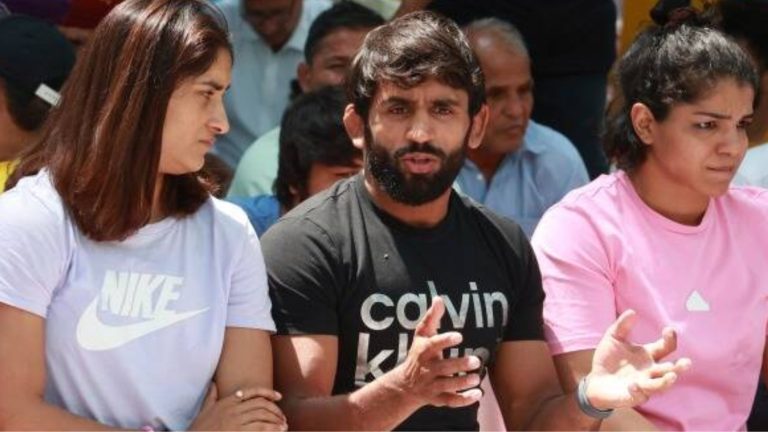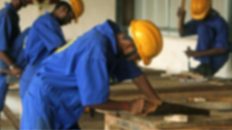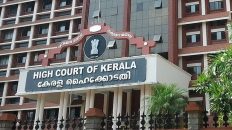Prominent Indian wrestlers have continued protesting at Jantar Mantar in New Delhi for 11 days and counting now on Wednesday (May 3), having knocked on the door of the Supreme Court to get FIRs filed and appealed to fellow sportspersons to lend their weight to their complaints of sexual harassment even as the prime accused digs his heels in.
But on paper, this is not how allegations of sexual harassment are to be handled. Indeed, the Government’s MC Mary Kom-headed panel that looked into allegations of sexual harassment by some of the nation’s top wrestlers against Wrestling Federation of India chief and BJP MP Brij Bhushan Sharan Singh, red-flagged this as a “major finding”: there was no Internal Complaints Committee (ICC), as mandated by law under the 2013 Prevention of Sexual Harassment (PoSH) Act.
According to an investigation by The Indian Express, the WFI is not alone in doing so. As many as 16 of the 30 national sports federations — of disciplines in which India has participated in the 2018 Asian Games, Tokyo Olympics in 2021 and last year’s Commonwealth Games — do not meet this mandatory compliance. And this, when there has been a record uptick in women’s participation in sports. Their number in the Khelo India Games, an index of this growing trend, showed a 161 per cent increase from 2018 to 2020.
Also read: Physical, mental health and financial security among top concerns of Indian women : Deloitte survey
What is the Interal Complaints Committee under the law?
The ICC was designed to be the first port of call for any grievance under the PoSH Act, a key element needed to create a safe workplace environment for women.
As per the law, it needs to have a minimum of four members – at least half of them women – of whom one shall be an external member, preferably from an NGO or an association that works for women’s empowerment or a person familiar with issues related to sexual harassment, like a lawyer. In fact, a functional ICC is one of the key conditions set up by the Ministry of Sports to grant annual recognition to the federations.
The Indian Express reviewed official declarations of all 30 federations and reached out to their office-bearers to find that five federations, including wrestling, don’t even have an ICC; four don’t have the stipulated number of members; another six lacked the mandatory external member and one federation had two panels but none had an independent member.
How has the government reacted?
The government is not unaware of the challenge.
On January 23, the day the Union Sports Ministry first formed the Mary Kom-led committee to investigate allegations of sexual harassment against Singh, it sent a letter to all national sports federations flagging the importance of the ICC
While it noted that “most bodies have the necessary structures in place,” the letter called on sports federations to “re-examine their structures and policies” and make necessary changes to comply with the requirements of the PoSH law.
What needs to be done here?
The task is cut out, says Adille Sumariwalla, president of the Athletics Federation of India (AFI), the body with the largest membership and the highest women participation. While he declined to comment on the wrestlers’ allegations, he spoke to The Indian Express on how a functional ICC is “one of the most important things.”
“Not just having a committee, but also creating awareness for it. We have mechanisms in place right from U-14 categories and not just at senior levels,” he told The Indian Express in an interview.
Key to the process is awareness, he said. “Athletes don’t come to the office so putting this up on the office notice board doesn’t make sense. We have the details of the committee on our website and secondly, we organise awareness programmes at tournaments,” said Sumariwalla.
For example, at a recent inter-district tournament, 6,500 athletes took part and including parents, there were 10,000 people. “Three or four members of the committee were present there and held seminars for three days, educating junior athletes. And, wherever I go, I make it a point to talk about this along with anti-doping.”
Stay connected with us on social media platform for instant update click here to join our LinkedIn, Twitter & Facebook


































